I’ve been talking about the musical.ly app for quite some time now and how I have been watching its progression. If you don’t know, musical.ly allows you to make short 15-second videos of yourself lip-syncing to popular music and audio bites. Think about it as a mashup of Vine, Snapchat, and DubSmash.
If you are following what is happening with 7 to 16 year olds in America, this app has been steadily growing in popularity and it is not showing signs of slowing down. I believe it’s the only platform that has the potential to become the “next Snapchat”—a platform with incredible influence and the ability to keep relevant. I’m not saying that it will be the “next Snapchat,” I’m just that musical.ly may have similar staying power. It’s still extremely early.
If you take a look at the top app lists on the App Store or the Google Play store, there are a lot of apps out there and it’s very hard to cut through all the noise. Musical.ly has already achieved this feat by accomplishing two things: (1) winning the 13-18 year-old demo and (2) building a utility app that capitalizes on the desire to be creators.
1. Musical.ly Hits The Right Demo
Musical.ly is the first real social network that has reached an audience as young as first-graders. As cell phone, tablets, and other devices are being owned and used at younger and younger ages, reaching this demographic is going to become increasingly influential. Technology is beginning to skew younger and apps that can successfully capture this demo’s attention are going to pop.
Musical.ly’s success with younger audiences reminds me of Facebook and Snapchat. Facebook first started as a college-only platform and later gained popularity in other age groups. Recently, Snapchat has done something similar by starting with a younger demographic and then aging up.
Snapchat captured the tween and teenage audience because it understood two factors that are very important when it comes to teens: (1) it’s not cool to hang out at the same place as your mom and (2) you want to lock your room. Like Facebook, Snapchat’s app and strategies have started to smartly skew older and become more appealing to a much larger demo. I think musical.ly will do the same.
Think about when Facebook turned into “your mom’s” app. In some ways, musical.ly is making Snapchat “someone’s older brother’s app” and owning an even younger gateway.
2. Musical.ly is being used as a tool
I also attribute musical.ly’s success to being a utility app. Its situation is similar to how Instagram started as a tool before building itself up as a social platform.
Instagram’s value and strength was that it made everyone better photographers. It gave users the ability to take decent photographs with their mobile device, edit it, and share it with their friends. This brought in a strong user base and only then did it start becoming social. Instagram built something that was already useful, and then flipped it to create a social network underneath.
If you can understand this, you can see the potential for musical.ly. It is allowing a younger generation to generate content in ways that they would not be able to produce as easily on their own. It is democratizing content creation for young people by giving them the resources (i.e., filters, control over video speed, access to professional audio) to make fun and entertaining content. I may not be the best lip-syncer, but even I can create something fun to post on the platform.
I’ve seen musical.ly’s influence firsthand and I encourage you not to dismiss it as just a fad. Musical.ly has grown to more than 90 million users globally, up from 10 million last year. If you want to reach teenagers (and even younger demos) in America, there is no better way than using the platforms they use. Be a practitioner, learn the app, and understand its potential. Musical.ly has a ton of attention right now and if it can hold on and aged up, there is a real chance for them to stick around like Snapchat and Facebook.

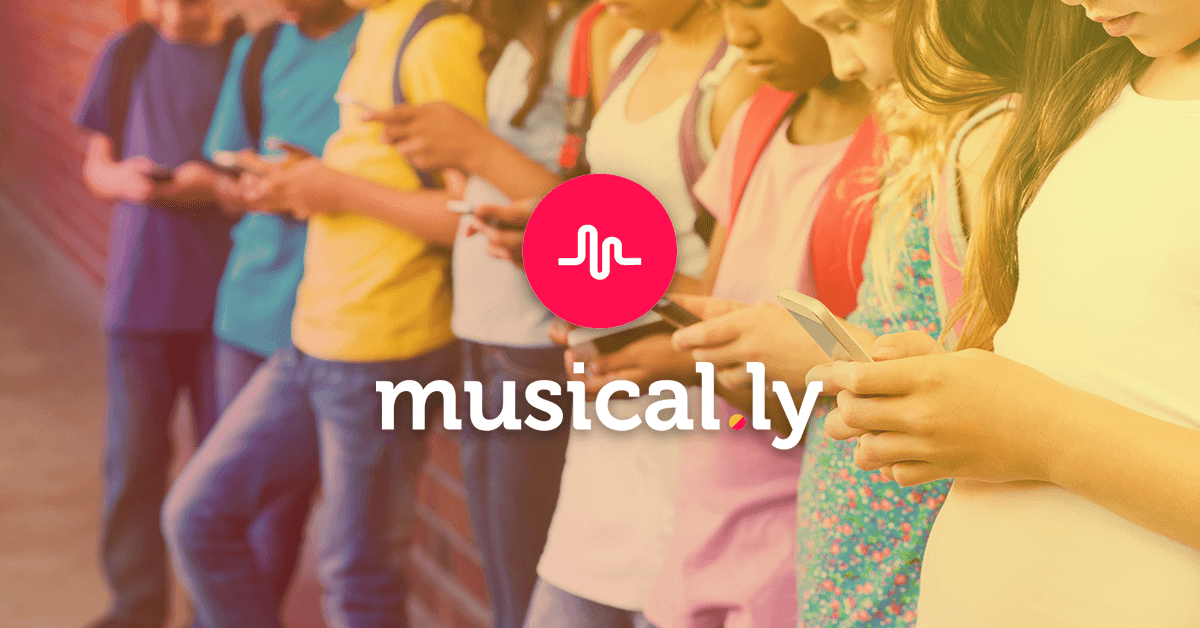
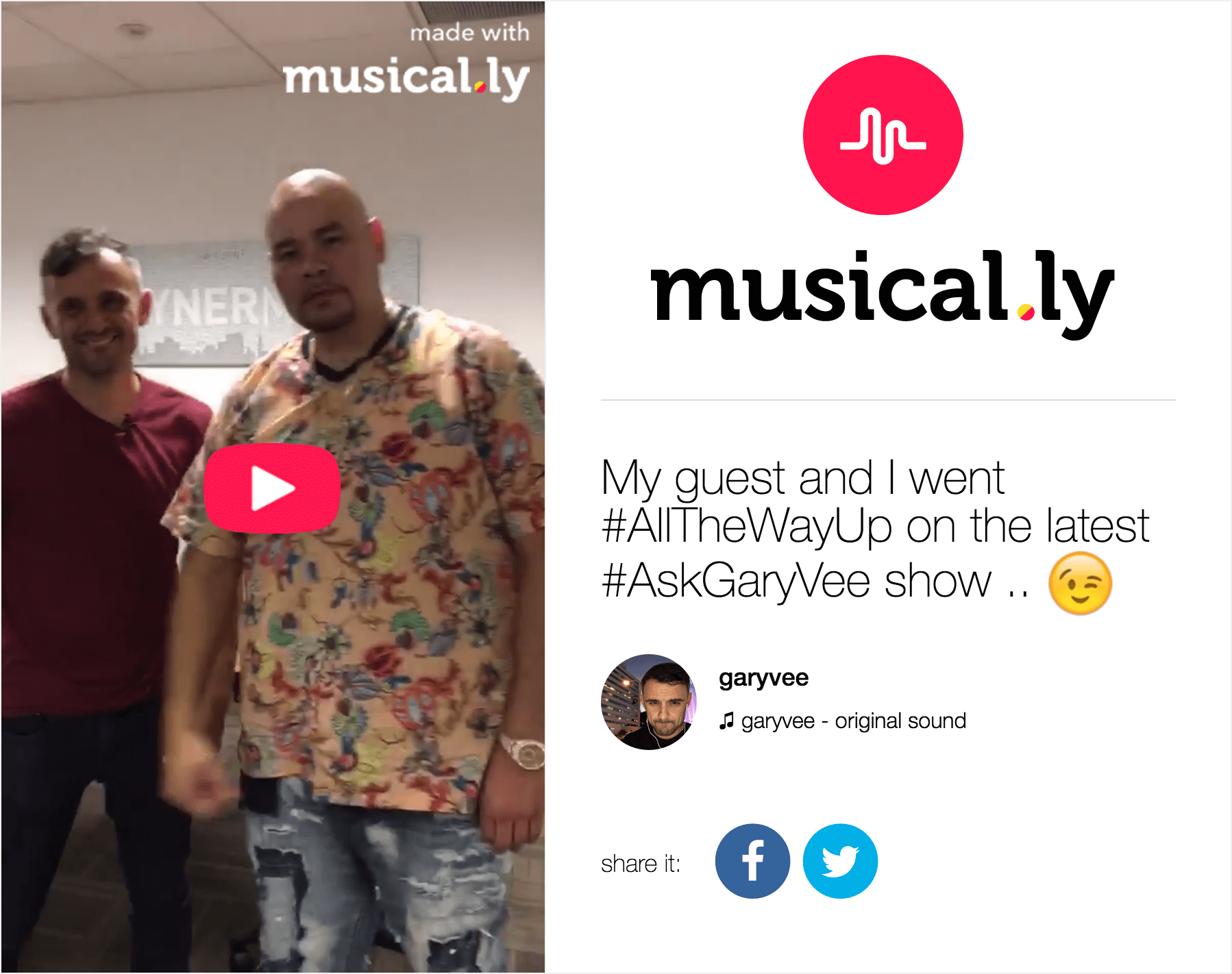
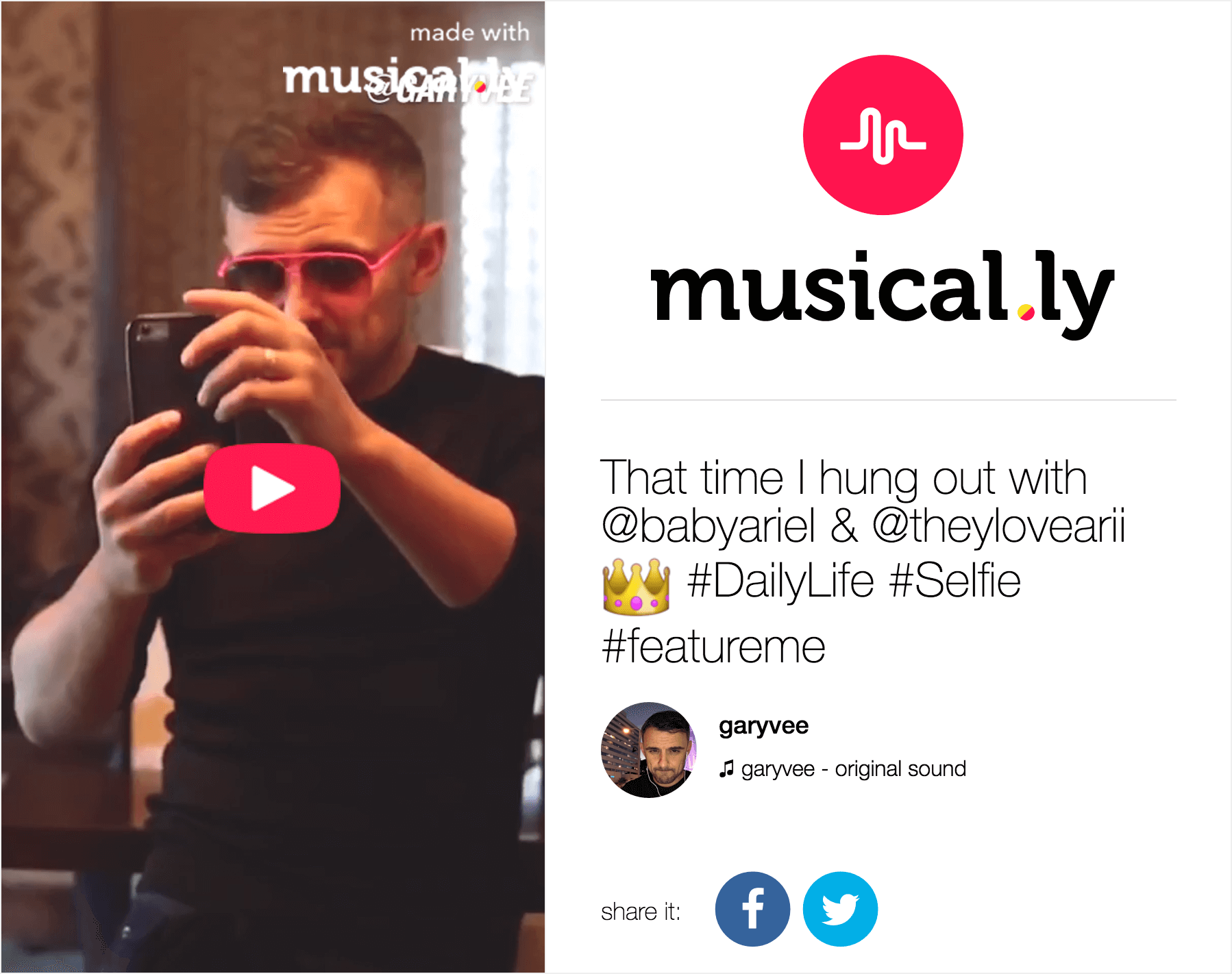








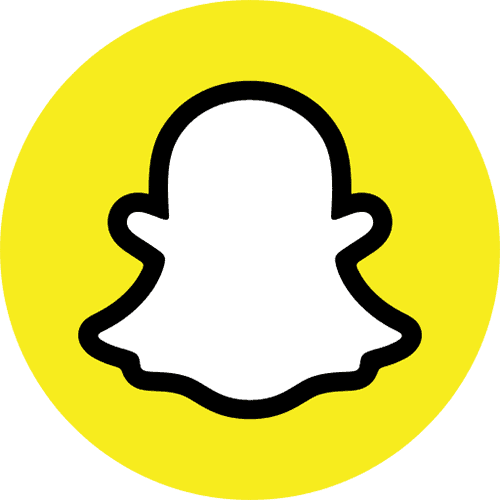
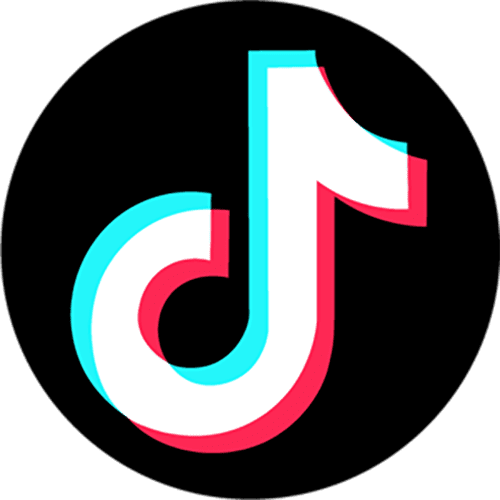
Your article helped me a lot, is there any more related content? Thanks!
547728 671676Yeah bookmaking this wasnt a bad decision great post! . 595915
400791 105207I normally cant uncover it in me to care enough to leaves a comment for articles on the internet but this was in fact pretty very good, thanks and maintain it up, Ill check back once again 795518
924517 994689A thoughtful insight and concepts I will use on my internet site. Youve obviously spent some time on this. Congratulations! 464044
watch our most viewed neerfit hindi sexy video on your fingertips.
meget af det dukker op overalt på internettet uden min aftale.
for the reason that here every material is quality based
webside er virkelig bemærkelsesværdig for folks oplevelse, godt,
har også bogmærket dig for at se på nye ting på din blog Hej! Har du noget imod, hvis jeg deler din blog med min facebook
díky tomuto nádhernému čtení! Rozhodně se mi líbil každý kousek z toho a já
det. Denne side har bestemt alle de oplysninger, jeg ønskede om dette emne, og vidste ikke, hvem jeg skulle spørge. Dette er min 1. kommentar her, så jeg ville bare give en hurtig
Znáte nějaké metody, které by pomohly omezit krádeže obsahu? Rozhodně bych ocenil
Tham gia Rbviet.net Rbesports để trải nghiệm cá cược esports đẳng cấp, giao dịch minh bạch, hỗ trợ 24/7 và cam kết mang đến sự công bằng, tiện lợi cho người chơi. – 2025 March 28, 17:09
Rayesports.com Rayesports – Lựa chọn số một cho người đam mê cá cược esports, nơi bạn tận hưởng kèo cược đa dạng, tỷ lệ hấp dẫn và hệ thống bảo mật tiên tiến. – 2025 April 05, 09:42
I always learn something new from your blogs. Your writing style is engaging and keeps the reader hooked till the end. Well done! You make learning such an enjoyable experience. Your blog is a truly nice! I always look forward to your posts, they never disappoint.
Rbviet.net Rbviet – Địa chỉ cá cược thể thao điện tử uy tín, cung cấp tỷ lệ cược chính xác, giao dịch an toàn, nhanh chóng và hỗ trợ đa dạng game như LMHT, CS:GO, Dota 2… – 2025 April 12, 08:57
Hakan Fidan Vatan hainidir